- Overview
- Symptoms
- Causes & Risks
- Types of Eczema
- Locations on the Body
- Tests & Diagnosis
- Treatment
- Complications
- Living With
- View Full Guide
Best and Worst Cosmetics Ingredients for Eczema: 6 to Love, 4 to Leave

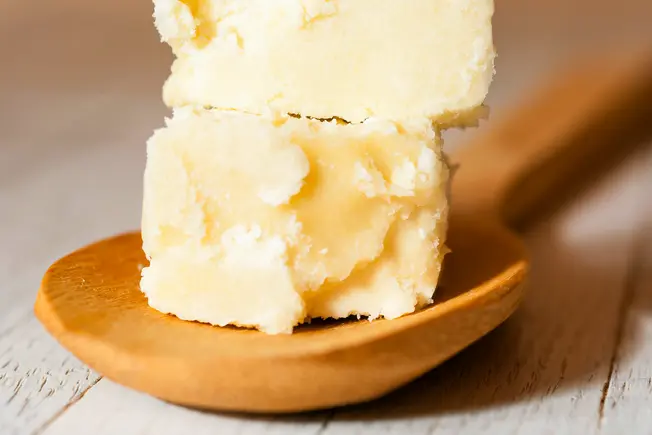
Love: Shea Butter
The unpleasant symptoms of eczema come down to two main problems: severely dry skin and a faulty skin barrier defense against germs and irritants. Research suggests shea butter both seals moisture in and keeps germs out. It may be because this moisturizing agent contains linoleic acid, a fat found in skin that people with eczema lack.
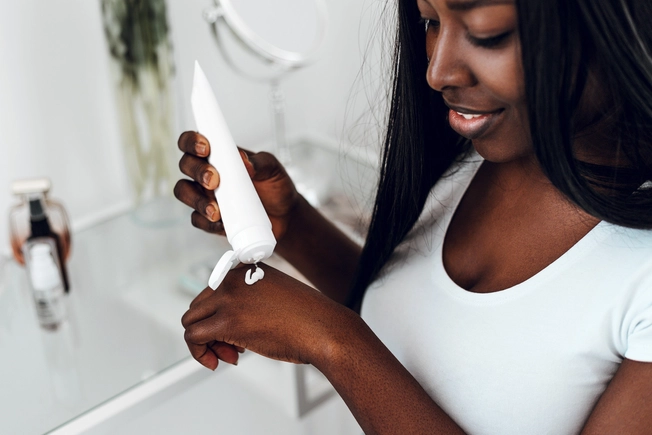
Love: Glycerin
Humectants like glycerin absorb water from the air around them. Research shows that creams containing this active ingredient relieve dry eczema skin without the stinging or burning that other products may cause.
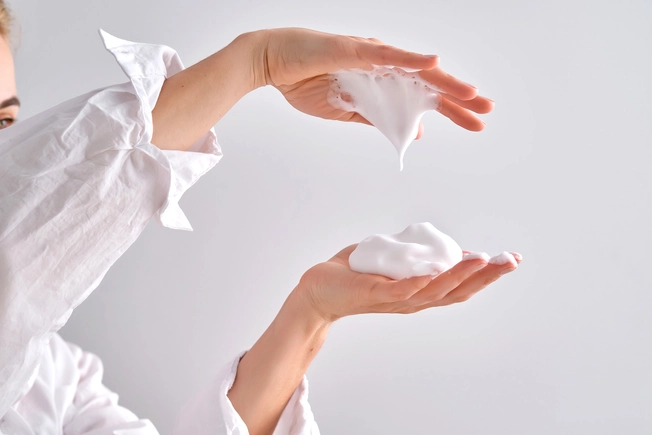
Love: Hyaluronic Acid
Your body naturally produces hyaluronic acid. Like glycerin, it absorbs water from the air around it and can pull it into your skin. A few studies have shown that foams containing this ingredient help relieve the symptoms of mild to moderate eczema.
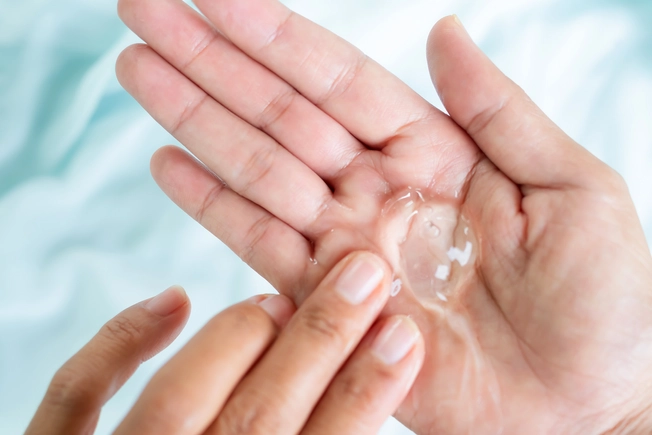
Love: Niacinamide
A type of B vitamin, this is another substance that your body produces on its own. Studies show that niacinamide can make the skin both stronger and smoother. It also seems to ease inflammation, cut redness, and boost hydration.
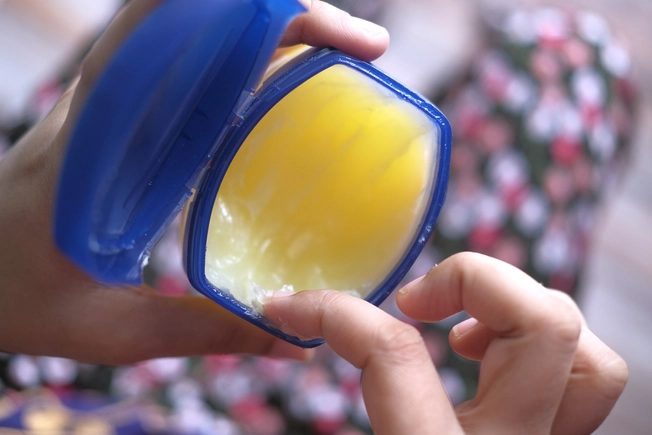
Love: Petrolatum
You might know petrolatum as petroleum jelly. It helps the skin hold water in and can help repair the skin barrier. Some research suggests it helps the skin create antibacterial compounds that can fight infection. These are all great benefits for people with eczema. Petroleum jelly leaves you a bit greasy, so you might want to use it only at bedtime. Make sure you go for 100% white petroleum jelly.
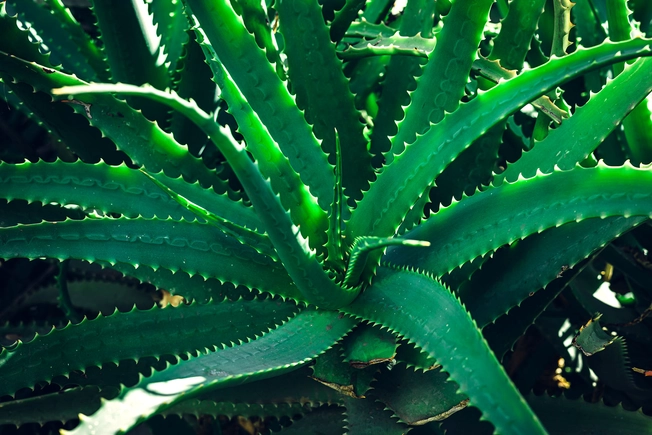
Love: Aloe Vera
People often apply aloe vera gel to cuts and burns to soothe the skin and aid in healing. The gel from the succulent plant is known to have anti-inflammatory, antibacterial, and wound healing powers. All of these properties can benefit someone living with eczema.
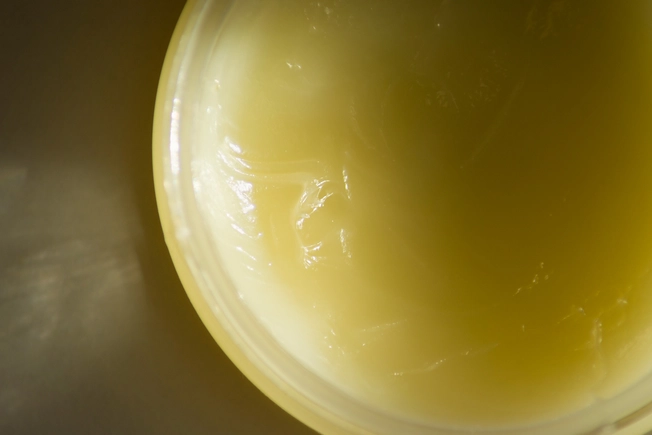
Leave: Lanolin
Lanolin is a natural moisturizer derived from sheep’s wool, so you’d think it would be great for eczema. But studies show a small number of people with eczema are allergic to this type of natural grease. If you’ve never used lanolin-based moisturizers, it’s probably best to avoid them.
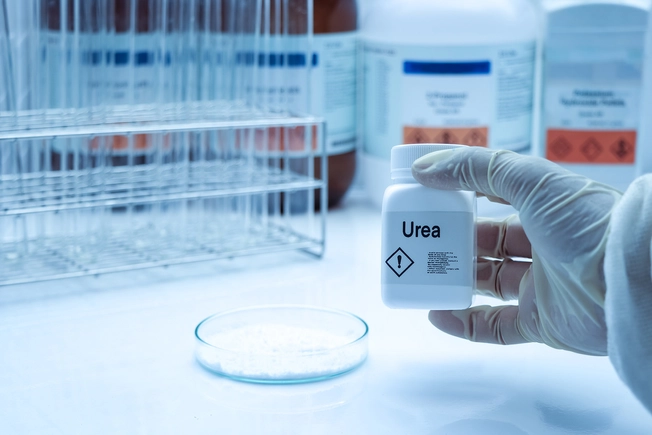
Leave: Urea
Dermatologists recommend urea for several skin conditions, including psoriasis. But for people with eczema, this compound can irritate the skin and further damage the skin barrier.
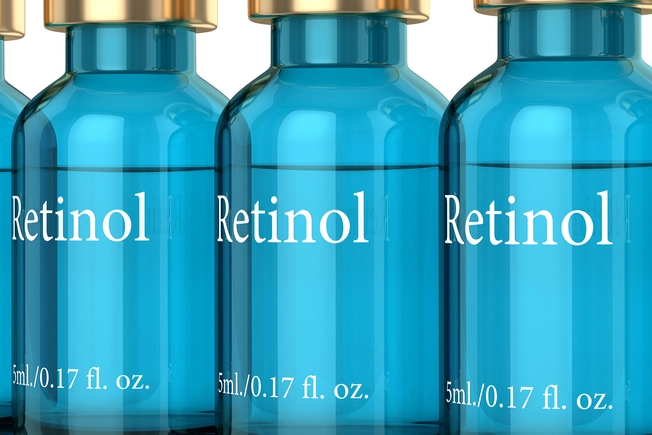
Leave: Retinoids
Retinol, or retinoids, features prominently in many skin products, ranging from anti-acne to anti-aging ones. But for people with eczema, this vitamin A derivative can irritate the skin and trigger flares.

Leave: Fragrances
People with eczema or any other condition that causes sensitive skin should avoid fragrance in skin care products. This also goes for toiletries and household cleaning supplies. Scents added to these products are common allergens and can trigger a flare.

A Note About Choosing Products
It’s a good idea to get the advice of your dermatologist before you try a new product. They can help you choose one that contains enough of the active ingredient you’re looking for and that doesn’t sneak in other irritants. You can also try to choose products that contain the National Eczema Association (NEA) seal of acceptance. The NEA’s website includes a searchable list of accepted products.